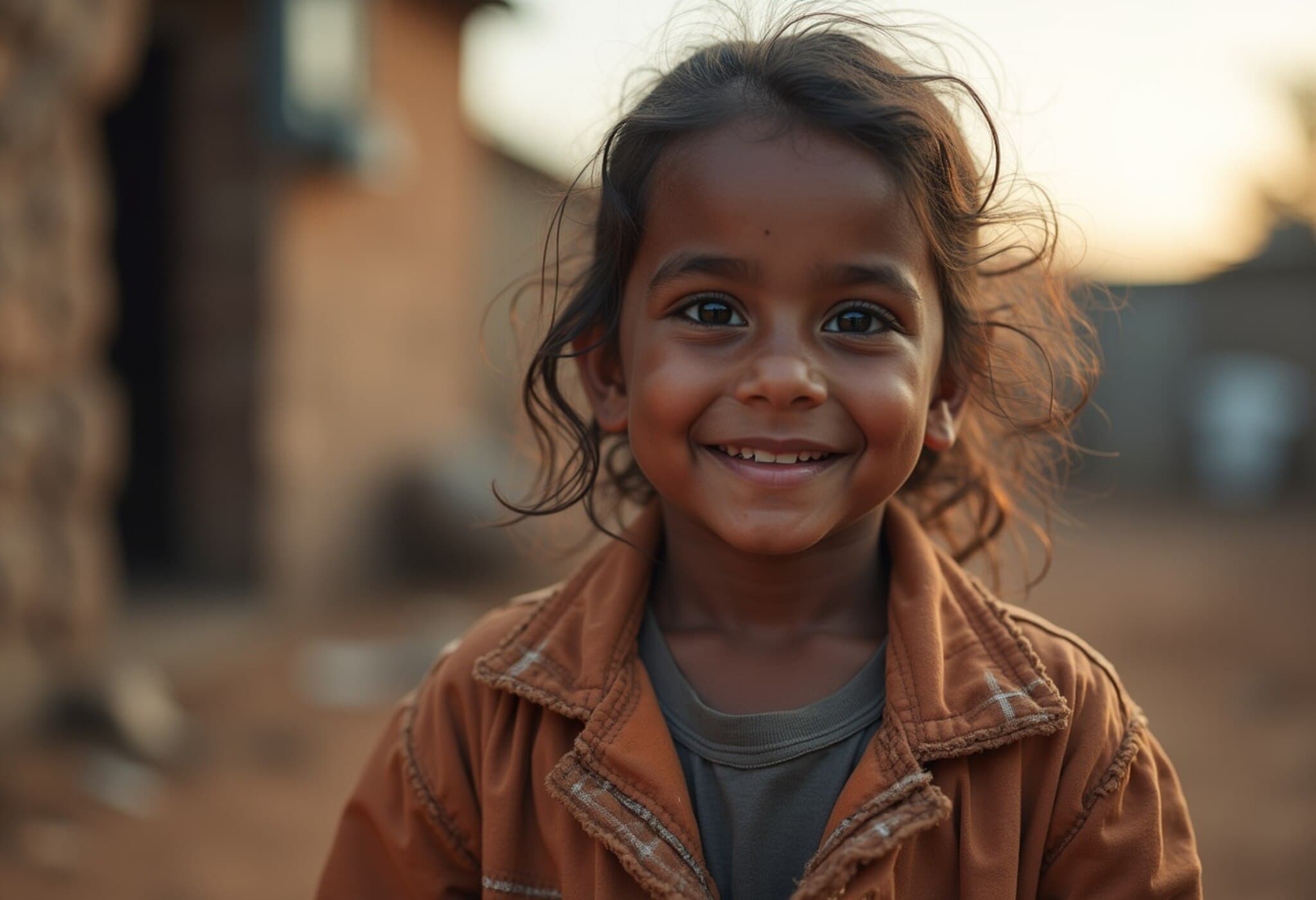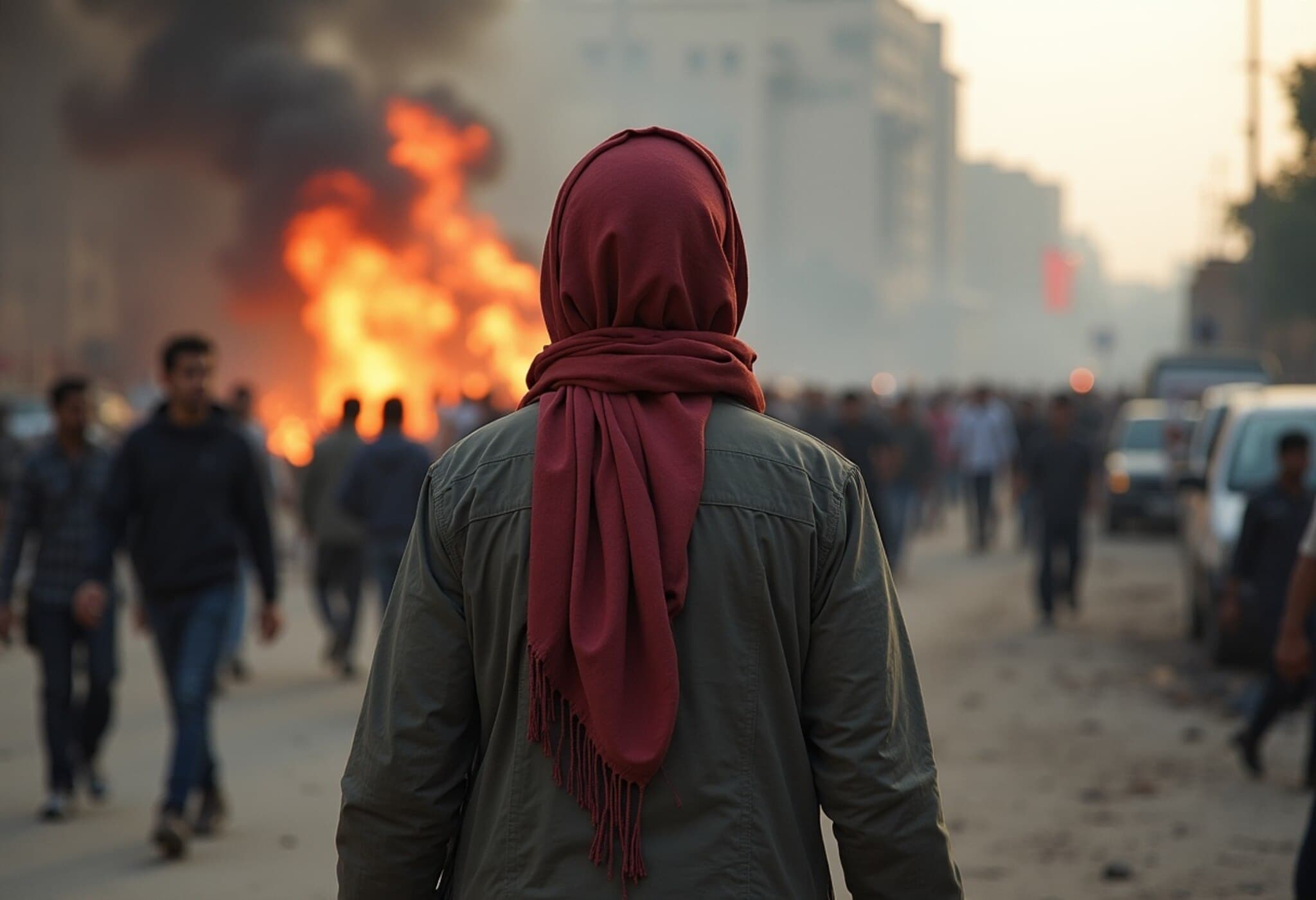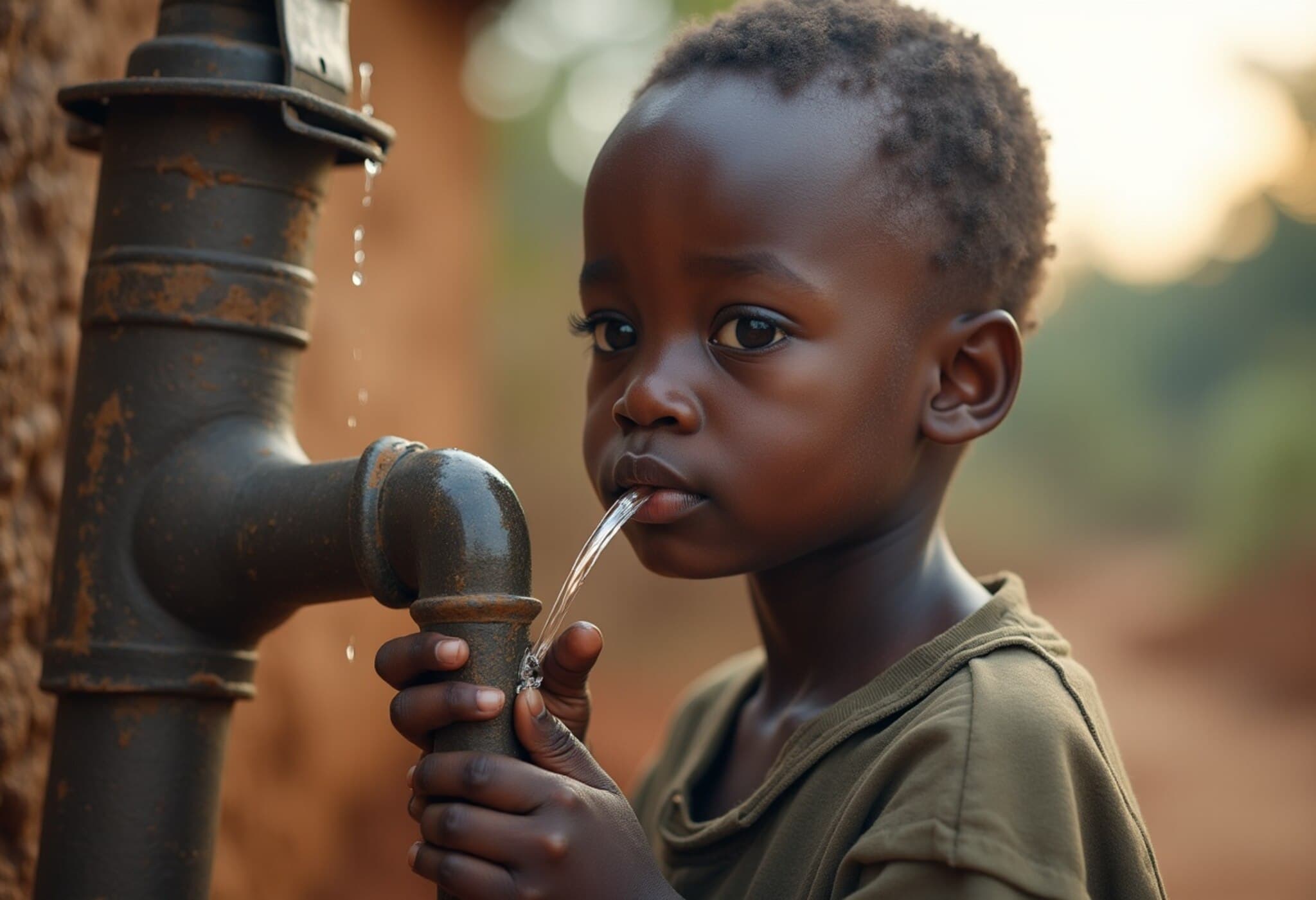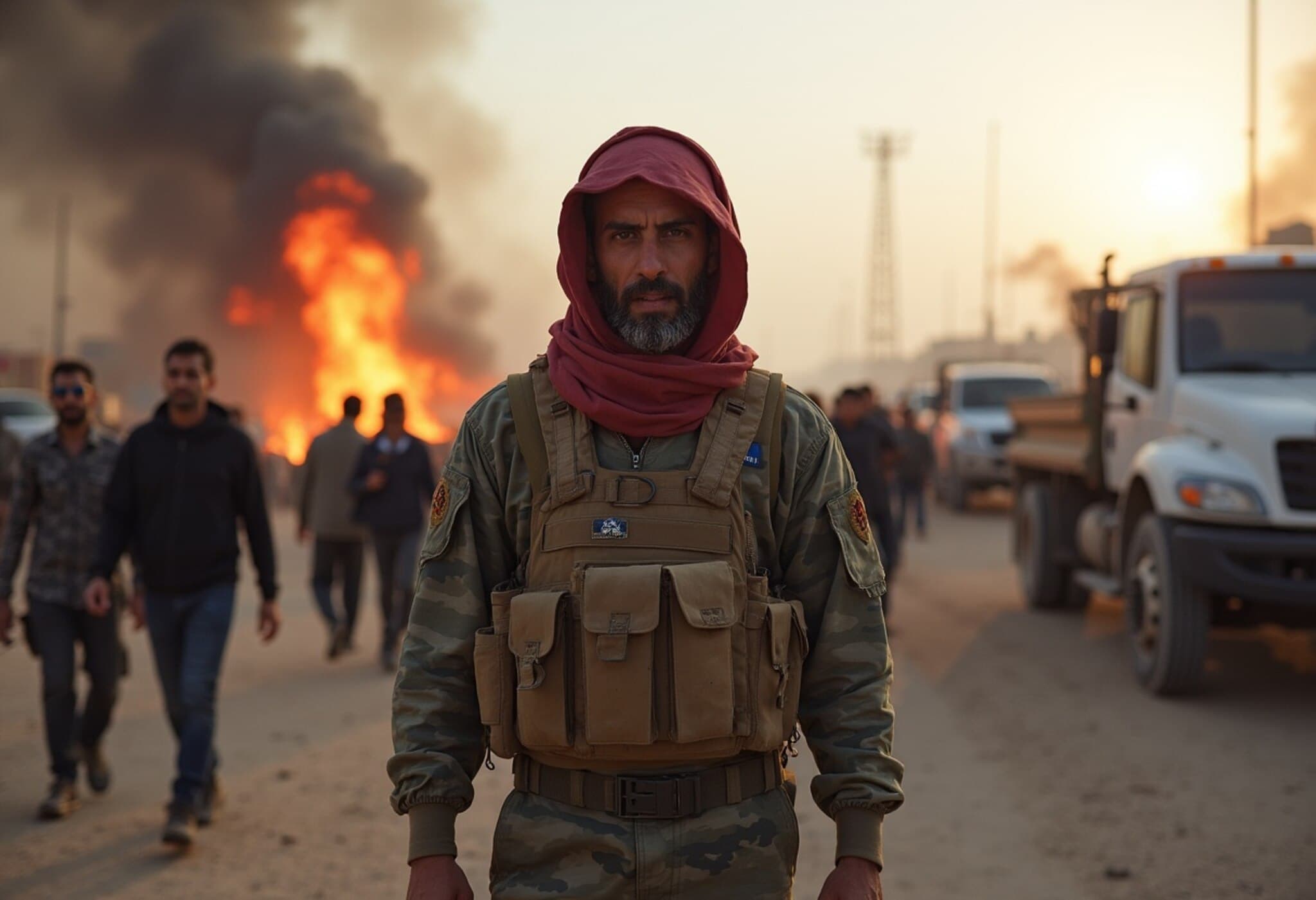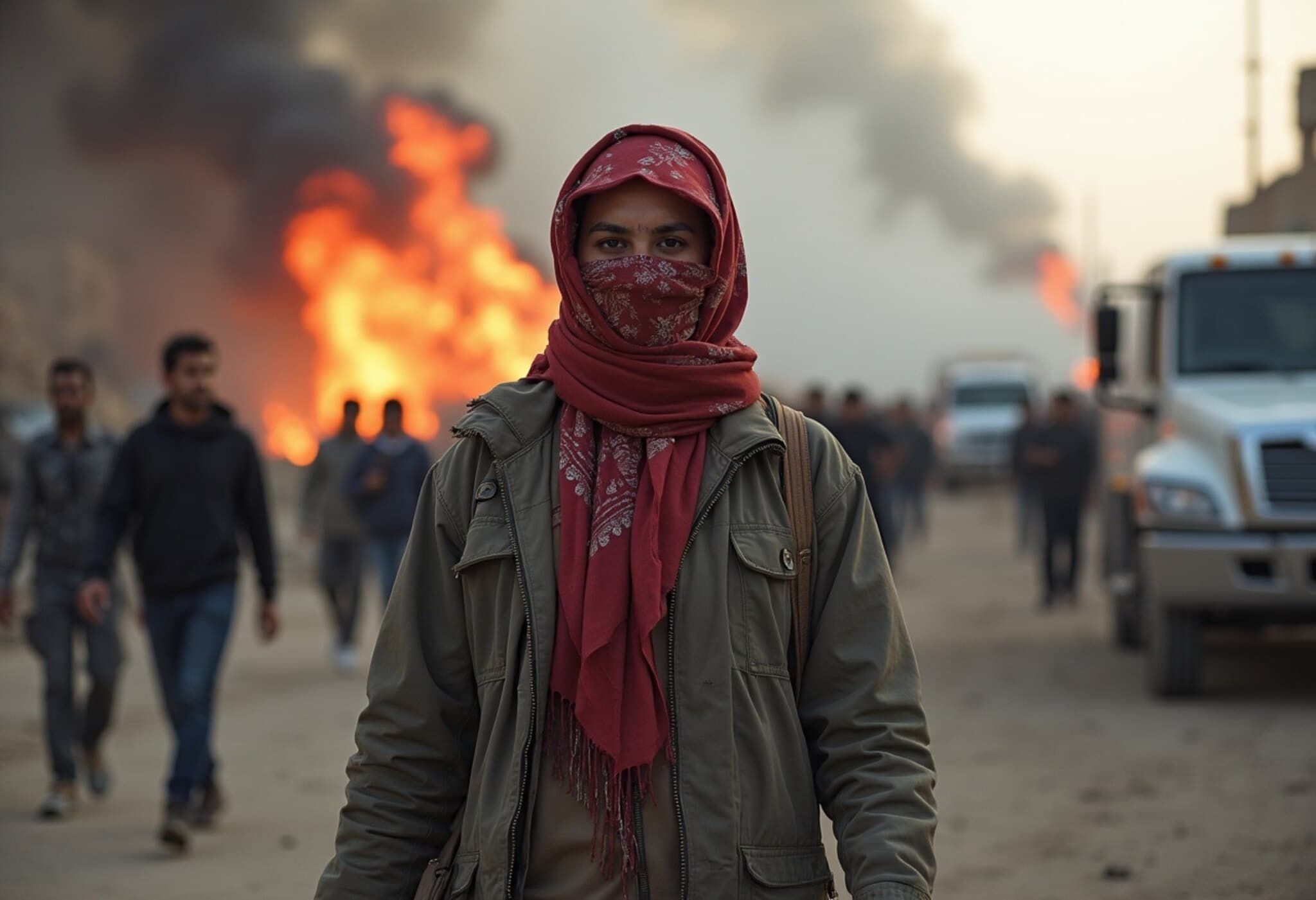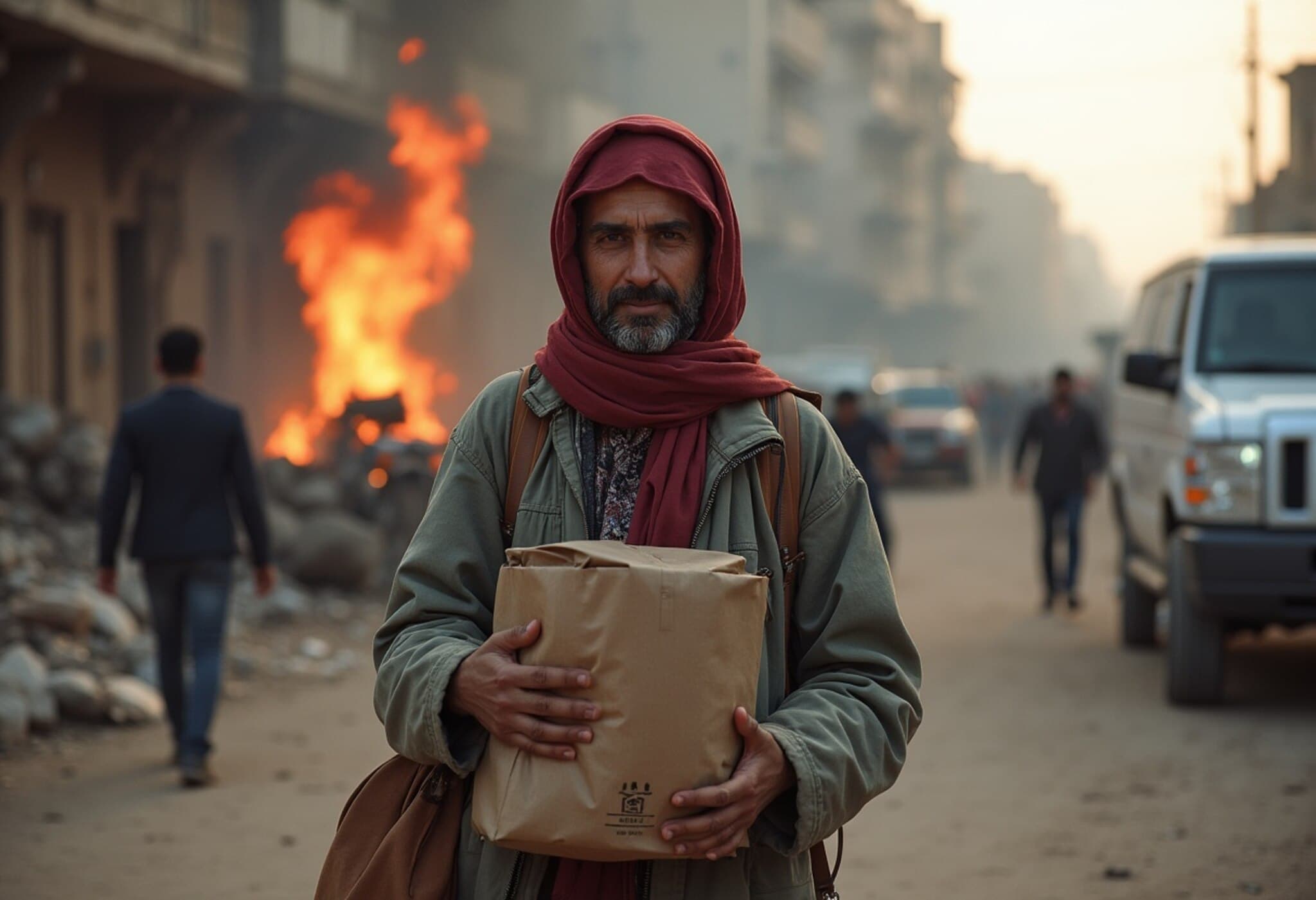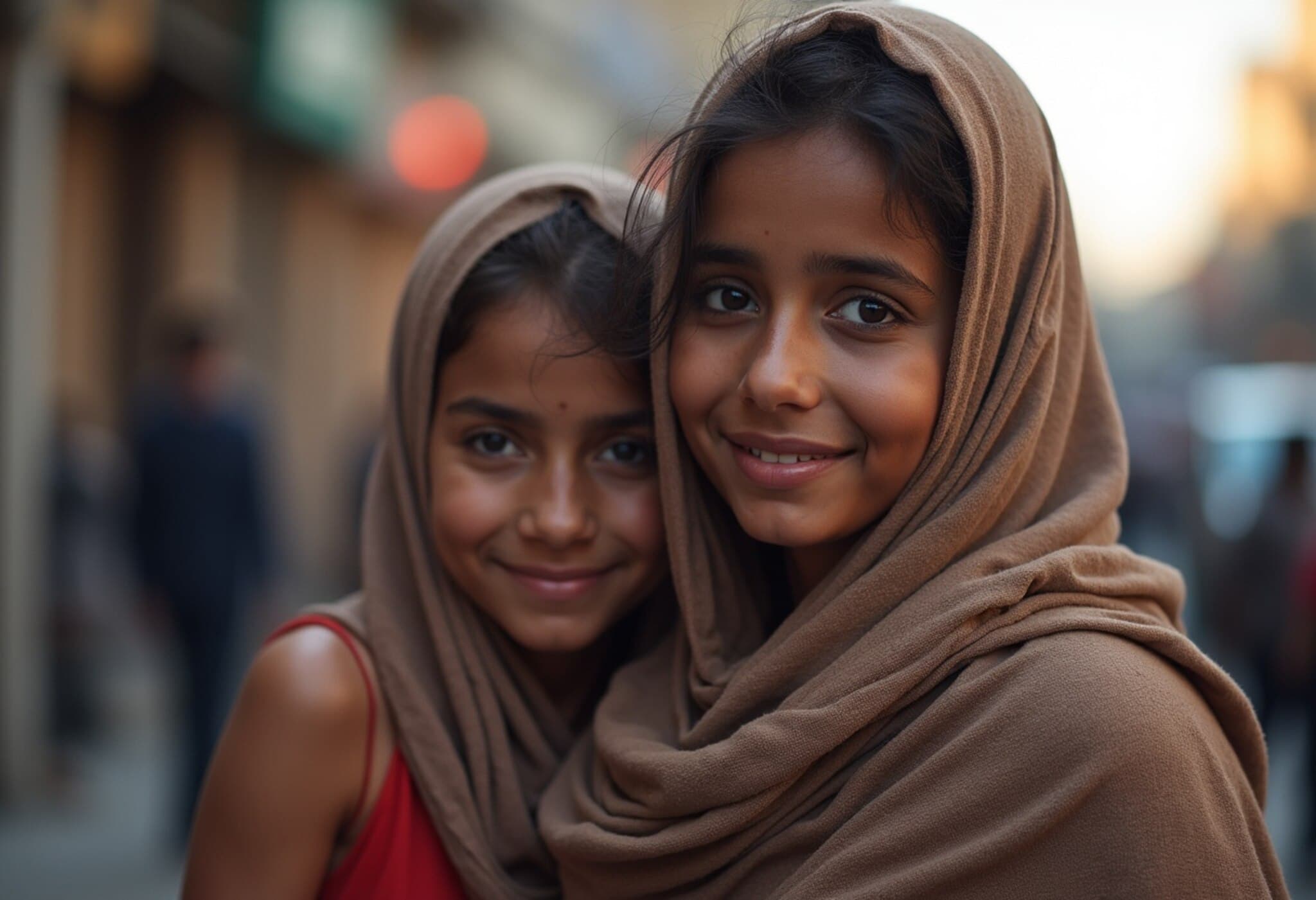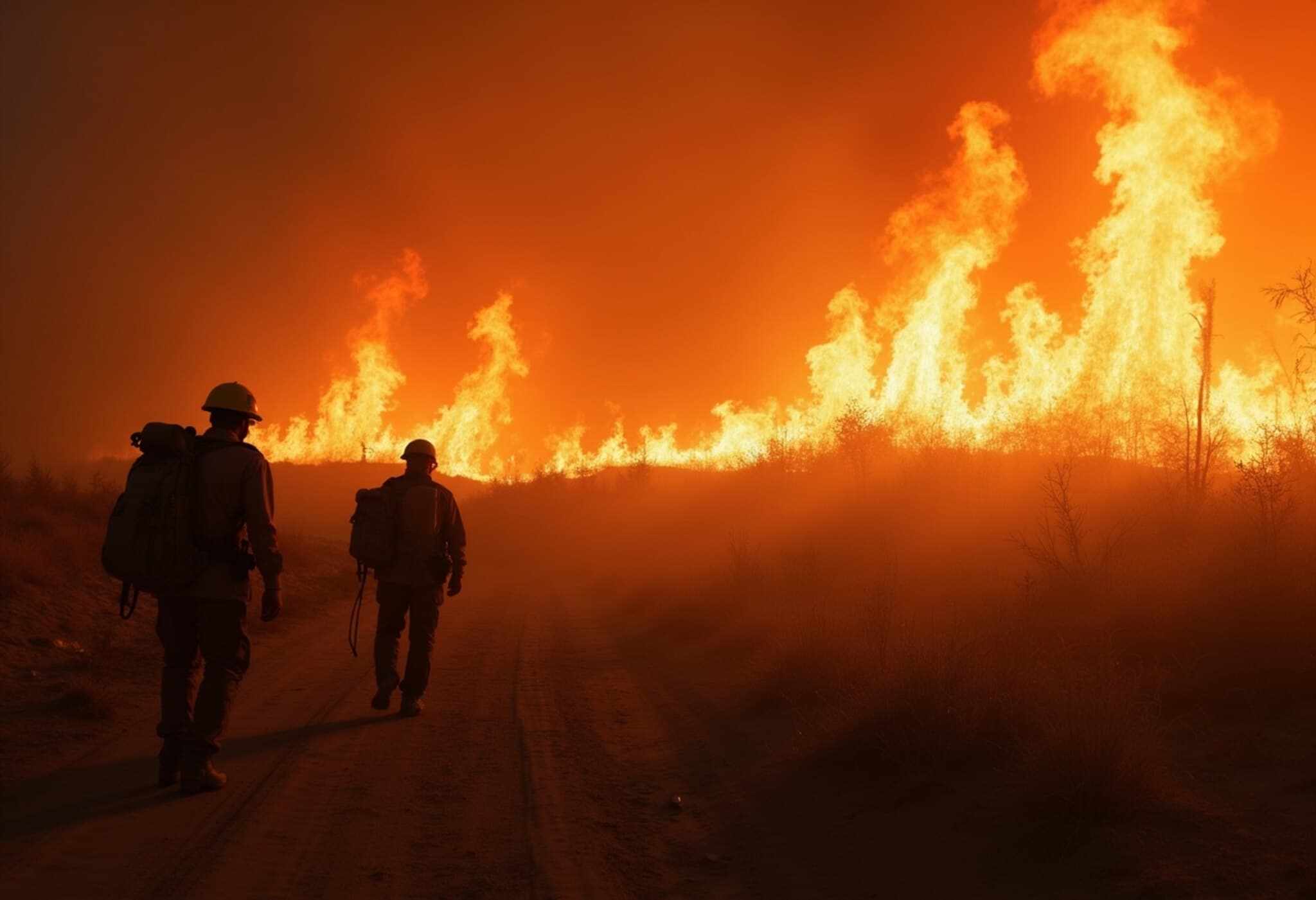UN Slashes Global Aid Plans Due to Unprecedented Funding Shortfalls
The United Nations has announced a significant reduction in its global humanitarian aid initiatives for 2025, warning that the deepest funding cuts ever recorded are forcing drastic measures that will leave tens of millions vulnerable worldwide.
Funding Gap Forces a Stark Recalibration
The UN's Office for the Coordination of Humanitarian Affairs (OCHA) revealed that its funding appeal for 2025 has been slashed from an initial $44 billion in December to just $29 billion in a 'hyper-prioritized' request. This sizeable shortfall is compelling the UN to focus solely on the most urgent crises.
Meanwhile, the UN refugee agency, UNHCR, has announced that it must eliminate roughly 3,500 jobs, representing a 30% reduction in workforce costs, due to evaporating financial support. This cutback is especially alarming as global refugee numbers have nearly doubled over the last decade, now topping 122 million.
Impact of Major Donor Cuts
The funding crisis comes amid sharp declines in aid from key contributors. Notably, the United States—traditionally the largest donor—has drastically reduced its foreign aid budget since early 2025, intensifying the crisis. Other donor nations have also scaled back their contributions amidst economic uncertainties, further deepening the shortfall.
OCHA chief Tom Fletcher reflected on these brutal realities, stating, "Brutal funding cuts leave us with brutal choices... All we ask is one percent of what you chose to spend last year on war." His warning echoes the grim outlook he shared during an April hospital visit in Afghanistan, where he cautioned that aid cuts translate directly into lives lost.
Humanitarian Consequences and Prioritization
With only $5.6 billion received so far—just 13% of what was originally requested—the UN is forced into a grim triage, aiming to assist roughly 190 million vulnerable individuals across more than 70 countries. Yet, even with this scale, the UN admits that 115 million people in need will not receive aid.
Fletcher highlighted the cruel arithmetic and heartbreaking consequences, emphasizing the UN's commitment to save as many lives as possible by targeting support to populations facing extreme or catastrophic conditions first.
Worsening Hunger in Global Hotspots
This bleak funding backdrop coincides with a joint UN report from the Food and Agriculture Organization (FAO) and World Food Programme (WFP) that identified 13 global hotspots where hunger is deteriorating rapidly.
- Regions like Sudan, the Palestinian territories, South Sudan, Haiti, and Mali face famine or are on the brink of it.
- Yemen, the Democratic Republic of Congo, Myanmar, and Nigeria have been labeled of very high concern requiring urgent intervention.
- Other areas under distress include Burkina Faso, Chad, Somalia, and Syria.
WFP Executive Director Cindy McCain described the report as a "red alert," underscoring that without adequate funding and access, scaling up food assistance will remain impossible, endangering millions more.
Refugee Agency Cuts Deepen Crisis
UNHCR's budget faces critical strain as well. With Washington having contributed more than 40% of its funding in previous years, recent cuts have left the agency confronting the need to downsize severely.
UNHCR's chief Filippo Grandi revealed that funding levels for 2025 are roughly on par with a decade ago despite a near doubling in displaced populations. The forced reduction in staff and operations threatens the agency's ability to provide essential protection and assistance.
In total, approximately 3,500 jobs are being eliminated, with numerous temporary positions already lost, amounting to about a 30% cut in staffing expense.
Looking Ahead
The convergence of historic aid funding cuts and escalating humanitarian crises paints a dire picture for vulnerable populations worldwide. With many people at risk of starvation, disease, and displacement, the UN faces enormous challenges in mitigating suffering with dwindling resources.
As the international community grapples with economic uncertainty, the stark message from the UN is clear: prioritizing humanitarian aid is not a choice but a necessity if lives are to be saved amid mounting global emergencies.

